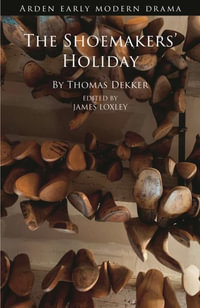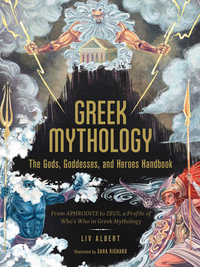
Kafka's Last Pipes
The Burrow and Josephine the Singer, or the Mouse Folk
By: John P. Anderson
Paperback | 9 November 2016
At a Glance
Paperback
$65.36
or
Aims to ship in 7 to 10 business days
ISBN: 9781627340823
ISBN-10: 1627340823
Published: 9th November 2016
Format: Paperback
Language: English
Number of Pages: 232
Audience: General Adult
Publisher: Universal-Publishers.com
Country of Publication: US
Dimensions (cm): 21.59 x 13.97 x 1.35
Weight (kg): 0.3
Shipping
| Standard Shipping | Express Shipping | |
|---|---|---|
| Metro postcodes: | $9.99 | $14.95 |
| Regional postcodes: | $9.99 | $14.95 |
| Rural postcodes: | $9.99 | $14.95 |
How to return your order
At Booktopia, we offer hassle-free returns in accordance with our returns policy. If you wish to return an item, please get in touch with Booktopia Customer Care.
Additional postage charges may be applicable.
Defective items
If there is a problem with any of the items received for your order then the Booktopia Customer Care team is ready to assist you.
For more info please visit our Help Centre.























